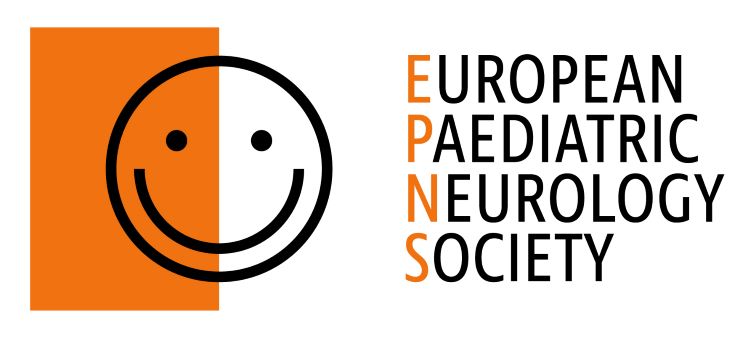Online meeting
Description: In this case discussion we will present two cases with KMT2B dystonia with varying severity. We will discuss and learn about diagnostic clues, treatment modalities, outcome measures, and selection of patients for neuromodulation.
Dystonia is characterized by sustained or intermittent muscle contractions that cause abnormal movements or postures. Several genes have been linked to different forms of dystonia. Mutations in lysine-specific histone methyltransferase 2B gene, KMT2B, has been identified in patients with early onset generalized dystonia. Most patients with KMT2B dystonia present with progressive lower extremity dystonia with subsequent rapid generalization (caudocranial) and very frequent bulbar involvement. Oromandibular and laryngeal dystonia are typical. Deep brain stimulation is a promising treatment option for KMT2B dystonia with evident clinical and functional improvement.
Senior Mentor: Dr Jean-Pierre Lin, EPNS Board Member and Consultant Paediatric Neurologist, General Neurology & Complex Motor Disorders Service, Evelina Children’s Hospital, Guy’s & St Thomas’ NHS Foundation Trust, London, UK.
YEPNS Presenter: Dr Esra Serdaroglu, Department of Child Neurology, Gazi University, Turkey.
YEPNS Moderator: Dr Lelde Liepina, Erasmus Medical Center, Department of Neurology, Rotterdam, the Netherlands.
More information can be found on the EPNS webpage.

